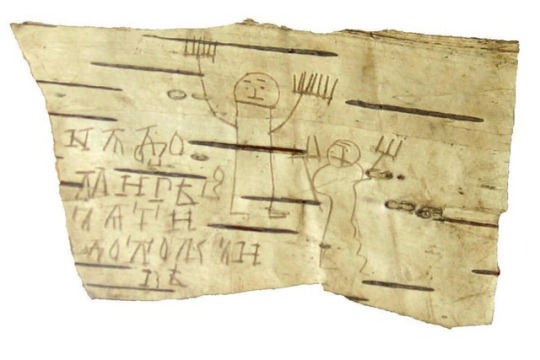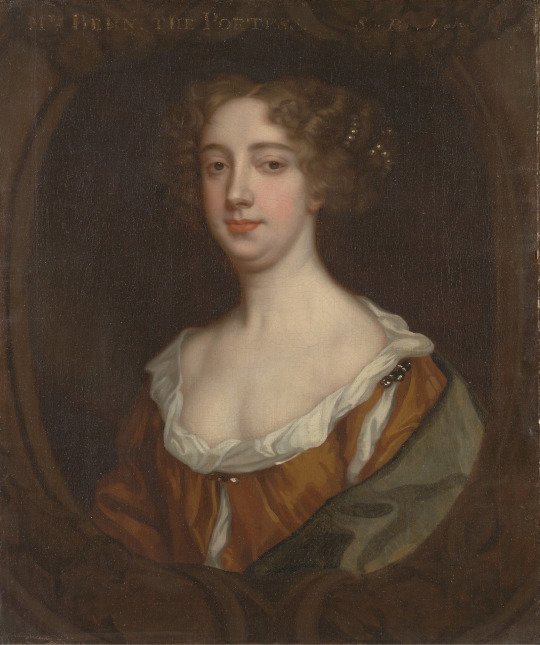Don't wanna be here? Send us removal request.
Text
Julian Harrison (@julianpharrison) Tweeted:
RT @BLMedieval: Soon after becoming chancellor, Thomas More drafted a list of forbidden books. The exception to this ban, oddly enough, was… https://twitter.com/BLMedieval/status/1045232350261596161?s=17
0 notes
Text
Geschiedenis | Historiek.net (@historiek) Tweeted:
Romeinse weg en nederzetting gevonden bij Katwijk https://t.co/B3Lrr4w7ch https://twitter.com/historiek/status/1044485701402849281?s=17
0 notes
Text
MaandvdGeschiedenis (@MaandvdGesch) Tweeted:
Dit jaar is het 450 jaar geleden dat dé Nederlandse Opstand begon, de Tachtigjarige Oorlog. Volg een speciale themaroute door de Maand van de Geschiedenis op onze site: https://t.co/t9QVrbmCmu Meer weten? Ga naar https://t.co/duzxwo1zS4! #ditisopstand @NTRGeschiedenis https://twitter.com/MaandvdGesch/status/1044527157056286720?s=17
0 notes
Photo

This drawing was made 700 years ago by a 7-years-old boy named Onfim who lived in Novogrod. #child #kids #history #museum #artifacts#archeology #art #drawing
2K notes
·
View notes
Photo


April 16th 1689: Aphra Behn dies
On this day in 1689, Aphra Behn, England’s first professional female writer, died in London aged 48. Born as Aphra Johnson in 1640, little is known about her early life but it is believed that she spent some of her childhood in the West Indies. In 1664, she married the merchant Johan Behn, but he soon passed away, leaving his widow in crippling debt. Due to her association with the Dutch, Behn was appointed as a spy for King Charles II in Antwerp. However, she was poorly compensated for her efforts and was eventually imprisoned for failing to pay off her debts, leading her to begin writing professionally in order to maintain an income. During her writing career, Behn wrote a number of successful plays, including ‘The Forc’d Marriage’, ‘The Rover’, and ‘The Emperor of the Moon’. Behn also tried her hand at translating, poetry, and novel writing, publishing ‘Oroonoko’ in 1688, which told the story of an enslaved African prince and was based on her experiences in the West Indies. Her success was unusual for a woman in the seventeenth century, and she advocated gender equality. Aphra Behn - spy, playwright, and novelist - died in April 1689, and was buried in Westminster Abbey.
“All women together, ought to let flowers fall upon the grave of Aphra Behn…for it was she who earned them the right to speak their minds” - Virginia Woolf in ‘A Room of One’s Own’
467 notes
·
View notes